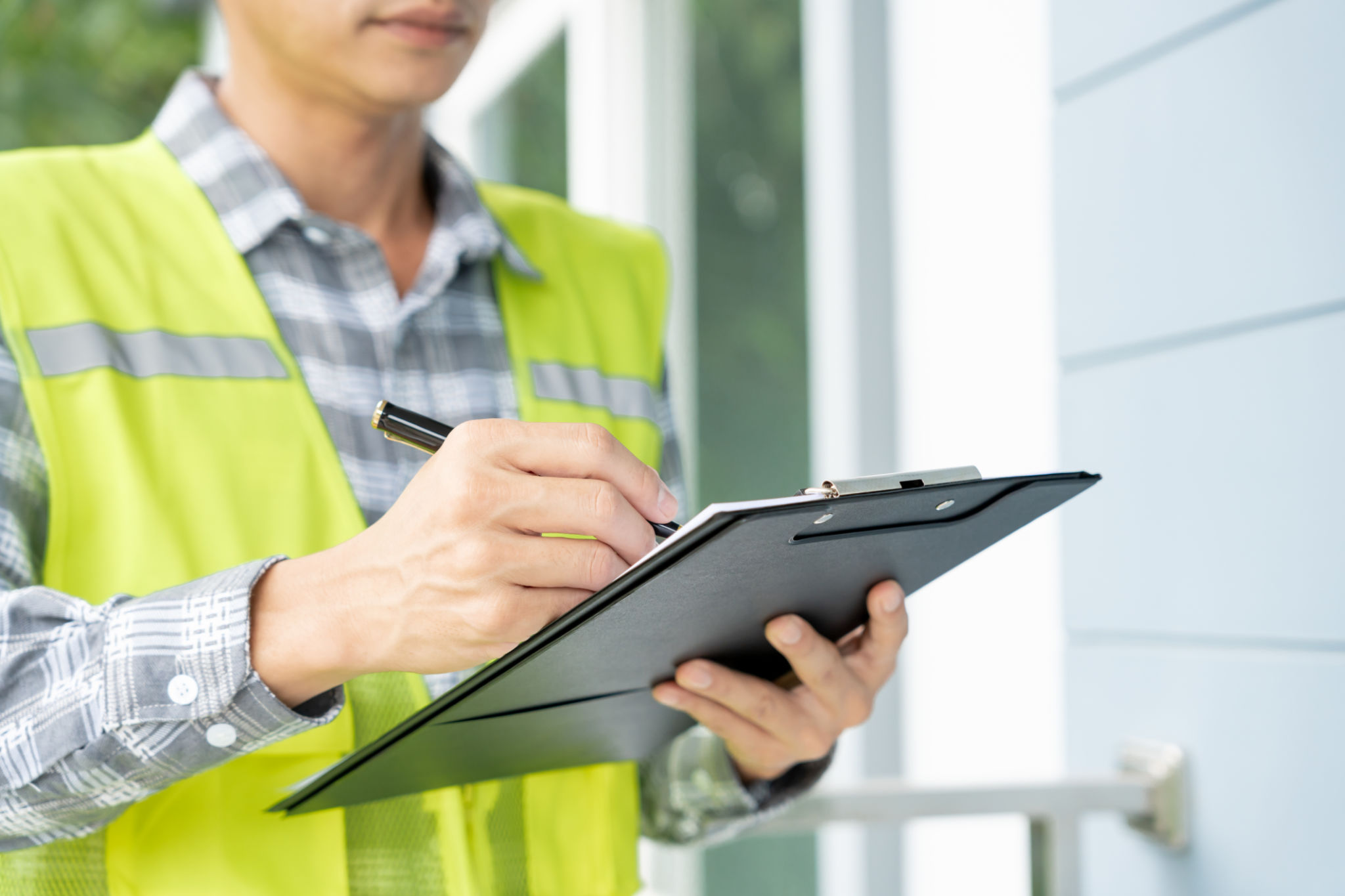Ensuring Safety: The Role of Pre-Shipment Inspections in Maritime
Understanding Pre-Shipment Inspections
Pre-shipment inspections are a critical step in the maritime industry. They help ensure the safety and quality of cargo before it is loaded onto a vessel. These inspections are thorough and cover various aspects of the cargo and its documentation.
Inspectors check for compliance with safety regulations. They also verify that all necessary documentation is in order. This process helps prevent issues during transit and upon arrival at the destination.

Importance of Compliance and Safety
Safety is a top priority in maritime operations. Pre-shipment inspections play a vital role in maintaining this safety. Inspectors ensure that cargo meets all required safety standards. This includes checking for proper labeling and packaging.
Compliance with regulations is also crucial. Inspectors verify that the cargo complies with international and local laws. This reduces the risk of delays or fines during transportation.
Key Steps in Pre-Shipment Inspections
The inspection process involves several key steps. Here is a brief overview:
- Documentation Review: Inspectors check all documents related to the cargo.
- Physical Inspection: A thorough examination of the cargo itself.
- Quality Assessment: Ensuring the cargo meets quality standards.

Benefits of Pre-Shipment Inspections
Pre-shipment inspections offer several benefits. They help identify potential issues before they become problems. This proactive approach saves time and money for all parties involved.
Inspections also enhance the reputation of shipping companies. By ensuring cargo safety and compliance, companies build trust with their clients. This trust can lead to repeat business and positive referrals.
Challenges in Conducting Inspections
Despite their importance, pre-shipment inspections can be challenging. Inspectors must be thorough and accurate. Any oversight can lead to significant issues during transit.

Time constraints can also be a challenge. Inspections must be completed quickly to avoid delays. However, this should not compromise the quality of the inspection.
The Role of Technology
Technology plays an important role in modern pre-shipment inspections. Tools like digital documentation and scanning devices enhance efficiency. They help inspectors conduct thorough checks in less time.
Technology also improves accuracy. Digital records reduce the risk of human error. This ensures that inspections are reliable and comprehensive.
Conclusion
Pre-shipment inspections are essential in ensuring maritime safety. They help verify compliance with regulations and maintain cargo quality. Despite challenges, these inspections are crucial for smooth and successful shipping operations.
By understanding the role and benefits of pre-shipment inspections, maritime professionals can better prepare for and execute these critical processes. This ensures the safety and reliability of maritime transport.
